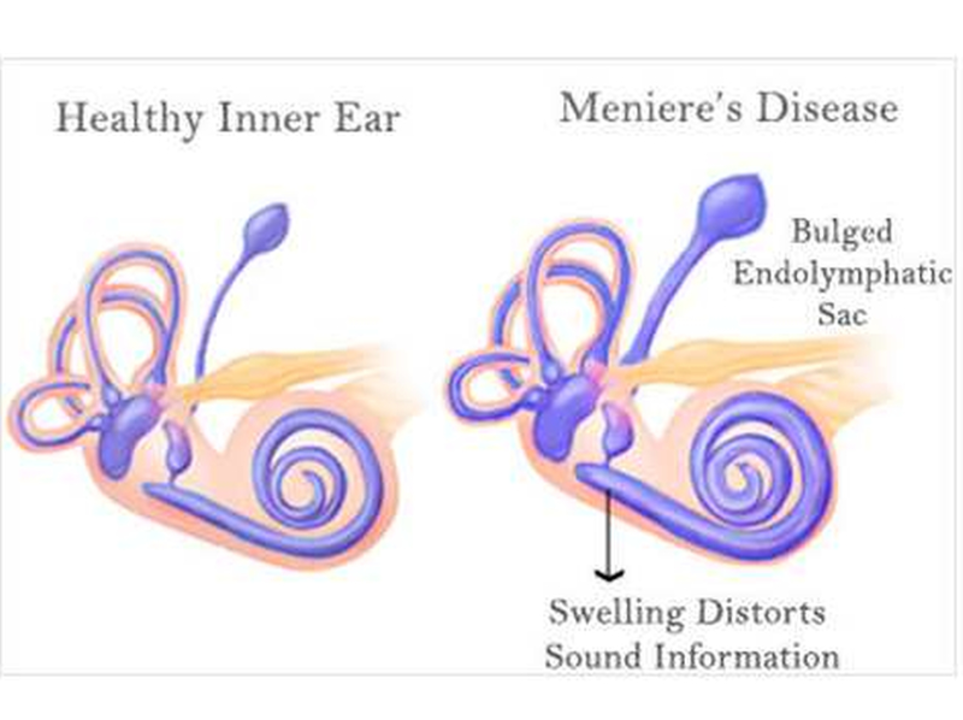Noise shapes your day more than you think. Loud music, traffic, lawn mowers, and even household tools add up. Long exposure to sounds above about 85 dB can damage hearing over time. That’s roughly the volume of a busy street or headphones turned too high. The good news: small changes cut risk and make daily life calmer.
First, notice the signs. Do you ask people to repeat themselves? Do loud places leave your ears ringing? That ringing—tinnitus—or trouble following conversations are warning signs. If you notice sudden hearing loss, see a doctor right away. Mild loss can be helped early. Don’t wait until problems are obvious.
Start with volume control. Use the 60/60 rule: set devices to no more than 60% volume and limit listening to 60 minutes before a break. Swap earbuds for over-ear headphones that seal better; they let you hear clearly at lower volumes. At concerts or noisy events, use foam or reusable earplugs — they cut volume but keep the music quality.
At work or doing home projects, use hearing protection when exposed to loud equipment for long periods. If you take medicines regularly, ask your clinician if any are ototoxic (can harm hearing). Common culprits can include some antibiotics, chemotherapy drugs, and high-dose aspirin—your doctor can explain risks and alternatives.
Noise is a major sleep thief. Traffic, snoring, or neighbors can break sleep cycles and leave you tired. Try consistent low-level sound like a white-noise machine or a fan to mask sudden noises. Keep bedroom sound at a steady, soft level—abrupt sounds cause micro-awakenings even if you don’t remember them.
Guided sleep tracks and calm music help many people fall asleep faster. Use timers so audio doesn’t run all night. If you share a bed, consider separate solutions—soft earplugs for one person and a small sound machine for the other. For people with sensory issues, predictable sounds can be surprisingly soothing.
When to get help: persistent tinnitus, trouble hearing in noisy places, or sudden changes in hearing need a professional check. Audiologists test hearing and suggest hearing aids, sound therapy, or other strategies tailored to you.
Explore more articles in this tag to find step-by-step guides on sleep, hearing protection, and safe medication use. Pick one change today—lower your phone volume, buy basic earplugs, or try a white-noise app—and your ears (and sleep) will thank you.

As a blogger, I recently came across a fascinating topic – Meniere's Disease and the role of music therapy in its treatment. Meniere's Disease is a debilitating condition that affects the inner ear, causing vertigo, tinnitus, and even hearing loss. I discovered that music therapy has been proven to be a promising complementary treatment for Meniere's patients. Through sound, it can alleviate the emotional stress associated with the disease while also helping to promote relaxation and well-being. I strongly believe in the therapeutic power of music and I am thrilled to share this breakthrough with my readers.